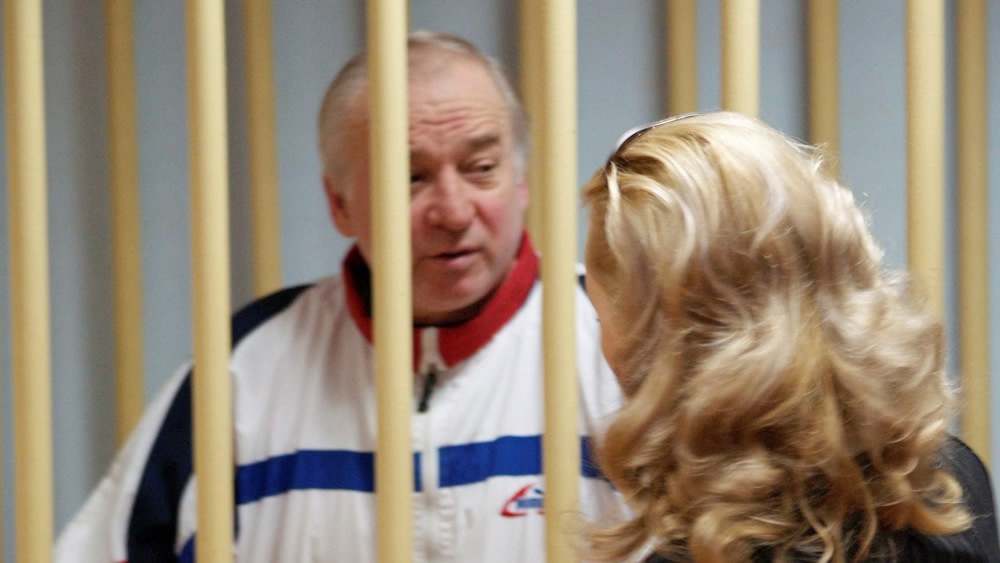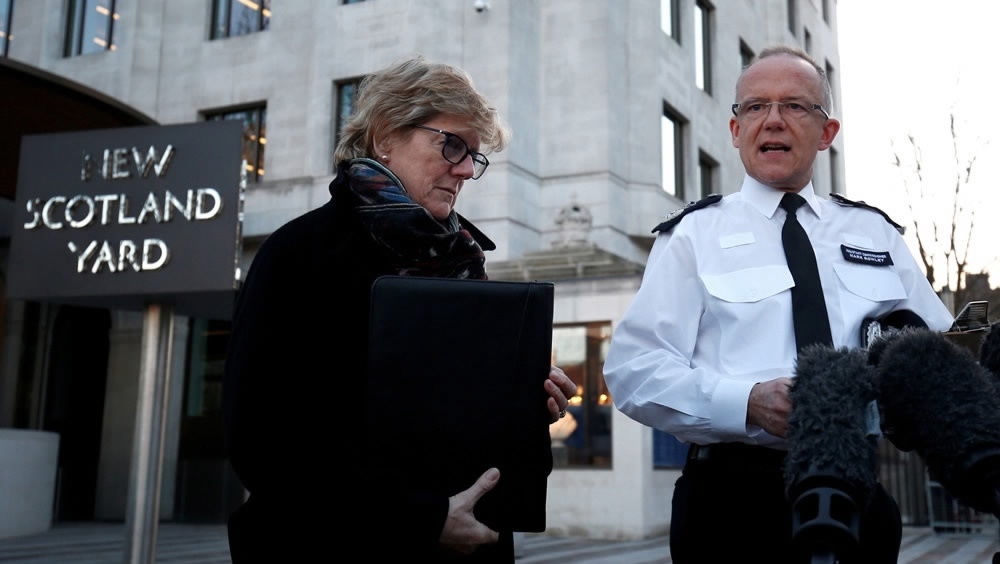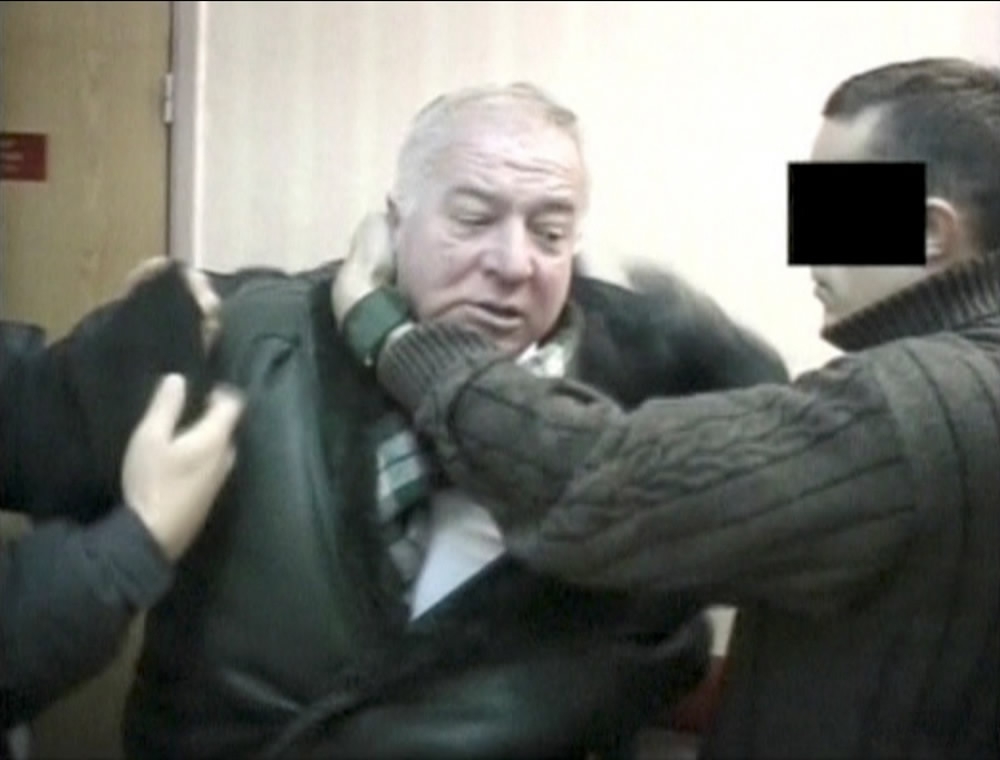
World
08:05, 08-Mar-2018
UK says former Russian spy poisoned with nerve agent
CGTN

A nerve agent was used to deliberately poison a former Russian double agent and his daughter, Britain's top counter-terrorism officer said on Wednesday, in a case that threatens to further damage London's ties with Moscow.
Sergei Skripal, once a colonel in Russia's GRU military intelligence service, and his 33-year-old daughter, Yulia, were found slumped unconscious on a bench outside a shopping center in the southern English city of Salisbury on Sunday afternoon.
Both remain critically ill and a police officer who attended the scene is also in a serious condition in hospital.

"This is being treated as a major incident involving attempted murder by administration of a nerve agent," London Assistant Commissioner Mark Rowley told reporters. "I can also confirm that we believe the two people originally who became unwell were targeted specifically."
Rowley said government scientists had identified the specific nerve agent but he would not say what it was because it was part of the investigation. He also declined to give any details about how it was administered to Skripal, 66, and his daughter.
England's chief medical officer said the incident posed a low risk to the wider public but anyone feeling unwell was advised to seek medical advice.
While Rowley would not say any more about the investigation, a US security source, speaking on condition of anonymity, said the main line of police inquiry was that Russians may have used the substance against Skripal in revenge for his treachery.

A still image taken from an undated video shows Sergei Skripal, former colonel of Russia's GRU military intelligence service, being detained by secret service officers in an unknown location. /Reuters Photo
A still image taken from an undated video shows Sergei Skripal, former colonel of Russia's GRU military intelligence service, being detained by secret service officers in an unknown location. /Reuters Photo
Skripal betrayed dozens of Russian agents to British intelligence before his arrest by Russian authorities in 2004. He was sentenced to 13 years in prison in 2006 after a secret trial and in 2010 was given refuge in Britain after being exchanged for Russian spies caught in the West as part of a Cold War-style spy swap at Vienna airport.
On Tuesday, British Foreign Secretary Boris Johnson said if Moscow was behind the incident then Britain could look again at sanctions and take other measures to punish Russia, which he cast as a "malign and disruptive" state.
Russia denied any involvement, scolded Johnson for "wild" comments and said anti-Russian hysteria was being whipped up intentionally to damage relations with London.
"It's very hard not to assess this (speculation) as provocative black PR designed to complicate relations between our two countries," Russian Foreign Ministry spokeswoman Maria Zakharova told reporters in Moscow on Wednesday.
8267km
Source(s): Reuters

SITEMAP
Copyright © 2018 CGTN. Beijing ICP prepared NO.16065310-3
Copyright © 2018 CGTN. Beijing ICP prepared NO.16065310-3